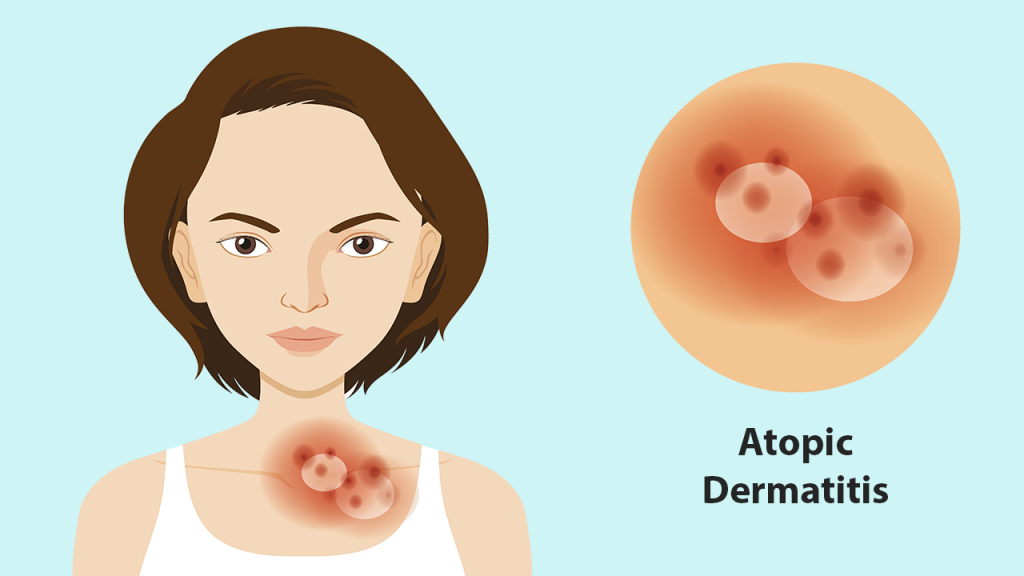
It’s widely recognized that Atopic Dermatitis (AD) is a chronic condition prone to flare-ups, making it a persistent challenge for those affected. The question arises, can we enhance the quality of life for AD patients? The resounding answer is YES! A crucial step in this direction is mastering trigger management, which can significantly simplify life for AD sufferers.
Triggers, which can range from airborne pollen to specific food allergies, are essentially any factor that can precipitate an AD flare-up. Stress, physical activity leading to sweating, infections, and changes in weather can all exacerbate the condition, making the condition area redder, itchier, and significantly disrupting the lives of those with AD. For individuals without AD, managing these triggers might seem straightforward, but for those afflicted, it can feel overwhelmingly daunting.
So, how do we tackle these triggers? The solution lies in journaling in other words keeping a detailed skin diary or log, documenting daily skin conditions. This practice benefits not just the patient but also the healthcare provider managing the AD, allowing for the identification of personal triggers through regular tracking.
Diet also plays a crucial role in managing AD. Certain foods, especially those with added colours like Chinese dishes, seafood such as shellfish, citrus fruits, peanuts, tree nuts, dairy, and sometimes eggs, can trigger flare-ups. It’s essential for individuals with AD to consume these foods cautiously if the specific triggers are unknown.
Implementing these strategies, coupled with the support of a dermatologist and a nutritionist, can significantly improve life for an AD patient, making it more joyful and free from the constant irritation of itchiness. For further information or guidance, reach out to your GOQii Skin Coach.
#BeTheForce
References –
Tamagawa-Mineoka R, Katoh N. Atopic Dermatitis: Identification and Management of Complicating Factors. Int J Mol Sci. 2020 Apr 11;21(8):2671. doi: 10.3390/ijms21082671. PMID: 32290423; PMCID: PMC7215488.
Girolomoni G, Busà VM. Flare management in atopic dermatitis: from definition to treatment. Ther Adv Chronic Dis. 2022 Jan 13;13:20406223211066728. doi: 10.1177/20406223211066728. PMID: 35070252; PMCID: PMC8771745.
All guidance above with respect to elimination of foods is as per dietary guidance and not as per dermatologist






